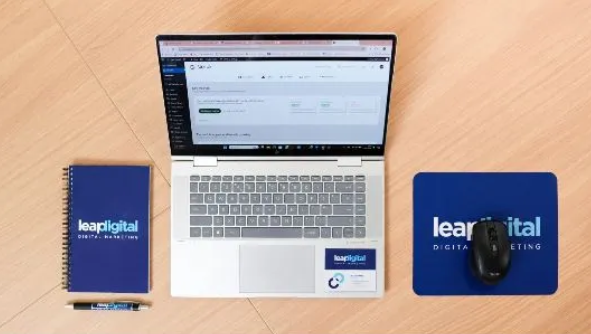What Is Sustainability Reporting?
Sustainability reporting is a way for companies to show how they impact the environment, society, and the economy. It’s like a report card, but instead of grades, businesses share details about things like energy use, waste, and how they treat their employees.
This kind of reporting helps people understand how a business is helping—or hurting—the planet and its people. It also helps businesses improve and make better decisions for the future.
Why Do Businesses Need Sustainability Reporting?
Many people today want to support businesses that care about the planet. Investors, customers, and even governments are asking companies to show their efforts toward sustainability.
Here’s why sustainability reporting is important:
-
Builds Trust: People want to see that a company is honest and responsible.
-
Shows Progress: Companies can track their goals and see what’s working.
-
Attracts Investors: Many investors choose companies that think about long-term impacts.
-
Meets Rules: In some countries, laws require companies to report their sustainability work.
What Are Sustainability Reporting Platforms?
Sustainability reporting platforms are digital tools that help businesses collect, manage, and share data about their environmental and social impact. These platforms make it easier to create detailed reports that follow global standards.
Think of them like smart report builders. They take a company’s raw data and organize it into useful charts, graphs, and documents. This saves time and reduces mistakes.
Key Features of Sustainability Reporting Platforms
Most sustainability reporting platforms include several helpful features:
1. Data Collection
These platforms can collect data from many sources—like spreadsheets, sensors, and other systems. This might include:
-
Water and energy usage
-
Greenhouse gas emissions
-
Waste production
-
Employee well-being data
2. Performance Tracking
Sustainability platforms let companies set goals (such as “cut energy use by 20% in 2 years”) and track their progress. They can create dashboards that show live updates on how close they are to reaching their goals.
3. Reporting Standards Support
There are many global standards for reporting, like GRI (Global Reporting Initiative) and SASB (Sustainability Accounting Standards Board). These platforms help companies follow these standards correctly.
4. Easy Reporting
Most platforms make it simple to create and share reports. Companies can use templates, graphs, and summaries to explain their sustainability efforts in a clear way.
How Sustainability Reporting Platforms Help Businesses
Using sustainability reporting platforms gives businesses a big advantage. Here are some of the key benefits:
-
Better Decision-Making: With clear data, leaders can make smarter, greener choices.
-
Time-Saving: Instead of doing reports by hand, the platform does the hard work automatically.
-
Accuracy: Reduces the chances of mistakes in calculations and data entry.
-
Transparency: Makes it easier to be open and honest with customers and investors.
-
Risk Management: Helps businesses see where they might be wasting resources or causing harm.
Who Uses These Platforms?
Sustainability reporting platforms are used by:
-
Big companies that want to share their efforts with the public
-
Medium-sized businesses looking to improve their operations
-
Environmental, social, and governance (ESG) teams
-
Government organizations and non-profits
-
Investors and analysts tracking company performance
Examples of What Platforms Track
To understand better, here are some examples of what a platform might track:
| Area | Example Metrics |
|---|---|
| Environment | CO2 emissions, energy use, waste levels |
| Social | Employee safety, training hours, diversity |
| Governance | Ethical practices, board diversity |
These examples show how wide the range of tracking can be. The goal is to cover all areas of a company’s impact.
Choosing the Right Platform
Not every business needs the same platform. Here’s what companies should consider when choosing one:
-
Ease of Use: Is the platform easy to learn?
-
Standards Support: Does it help follow the right rules?
-
Scalability: Can it grow as the company grows?
-
Integration: Can it work with other systems the company already uses?
-
Support Services: Is customer help available when needed?
By picking the right tool, businesses can get the most out of their reports.
The Future of Sustainability Reporting Platforms
As more people care about the planet, sustainability reporting platforms will become even more important. In the future, we can expect:
-
More use of artificial intelligence to predict trends
-
Better visuals to help people understand data faster
-
Stronger tools for managing carbon footprints
-
Easier reporting for small businesses
These changes will make sustainability reporting more powerful and more common.
Final Thoughts
Sustainability reporting platforms are becoming a key tool for businesses that want to be responsible and future-ready. They help turn data into action, making it easier to protect our environment and improve the way companies operate.
Whether it’s cutting down pollution, saving energy, or creating fair workplaces, these platforms make a big difference. By using sustainability reporting platforms, companies can stay honest, improve over time, and make the world a better place.









